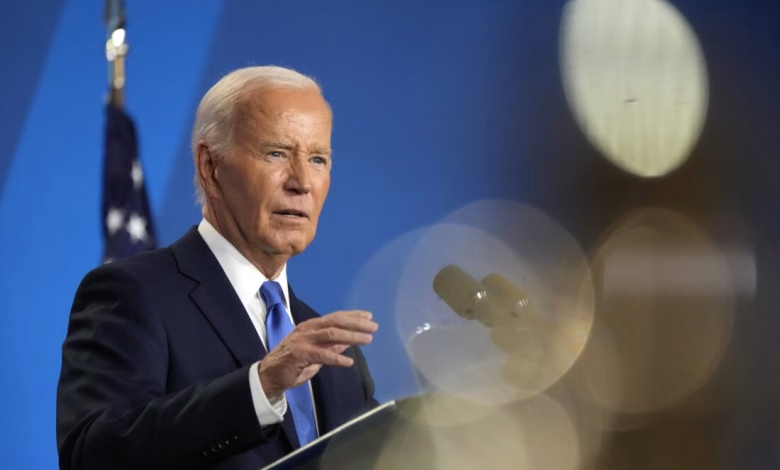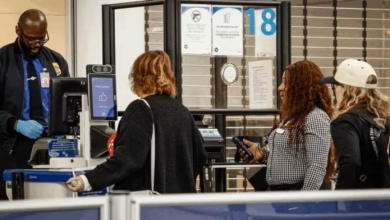President Biden Commutes Sentences of 37 Federal Death Row Inmates

- Biden commutes sentences of 37 federal death row inmates
- Inmates' penalties changed to life in prison without parole
- Three high-profile inmates remain on death row
US President Joe Biden has commuted the sentences of 37 out of 40 federal death row inmates, converting their sentences to life imprisonment without the possibility of parole. The group includes individuals convicted of a range of heinous crimes, including the murder of fellow prisoners, killings committed during bank robberies, and the murder of a prison guard.
In a statement released, Biden expressed his condemnation of the murderers and their crimes but emphasized his belief that the federal death penalty should be abolished. “Make no mistake: I condemn these murderers, grieve for the victims of their despicable acts, and ache for all the families who have suffered unimaginable and irreparable loss,” Biden said. “But I am more convinced than ever that we must stop the use of the death penalty at the federal level.”
Biden’s decision comes just before the inauguration of President-elect Donald Trump, who previously resumed federal executions in July 2020, ending a hiatus in federal executions that had lasted since 2003. Trump had overseen 13 executions during the final months of his presidency.
The list of individuals whose death sentences were commuted includes some notorious criminals, such as disgraced former New Orleans police officer Len Davis, who operated a drug ring involving other officers and orchestrated the murder of a woman. While these inmates have been granted clemency, three individuals remain on death row: Dzhokhar Tsarnaev, convicted of carrying out the 2013 Boston Marathon bombing; Dylann Roof, the white supremacist who killed nine Black churchgoers in Charleston, South Carolina, in 2015; and Robert Bowers, who killed 11 Jewish worshippers during a mass shooting at the Tree of Life synagogue in Pittsburgh in 2018.
Biden, who has long opposed the death penalty, has made this stance a key aspect of his presidency. His administration took immediate action after he assumed office by issuing a moratorium on the use of the death penalty at the federal level. These clemency decisions cannot be undone by a future president, ensuring that the commutation of these sentences remains in place.
Biden’s move contrasts with Trump’s approach to the death penalty. During his presidency, Trump resumed federal executions after a 17-year hiatus and indicated during his re-election campaign that he would expand the use of capital punishment, suggesting it should be applied to human and drug traffickers, as well as migrants who kill American citizens. Biden seemed to reference this intention in his statement, saying he could not “in good conscience—stand back and let a new administration resume executions that I halted.”
Biden’s commutation will only impact those sentenced to death at the federal level. The death penalty remains in place for state-level inmates, with approximately 2,250 individuals currently on death row across the US, according to the Death Penalty Information Center. Over 70 executions have taken place at the state level during Biden’s presidency, despite his administration’s stance on halting federal executions.
The death penalty has been abolished in 23 states, while six other states, including Arizona, California, Ohio, Oregon, Pennsylvania, and Tennessee, have imposed moratoriums on executions.
Earlier in December, Biden commuted nearly 1,500 sentences and pardoned 39 individuals convicted of nonviolent crimes. He also pardoned his son, Hunter Biden, who had pleaded guilty to tax charges and was found guilty of being an illegal drug user in possession of a firearm. Hunter Biden became the first child of a sitting president to be convicted of a crime.
Under the US Constitution, the president holds broad power to grant reprieves and pardons, except in cases of impeachment.






